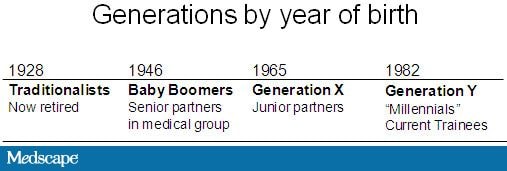Teaching Values in Higher Education
Recently I received an email about medicine with this equation
E² - evidence + experience = good medicine
I beg to differ from my learned colleague whom I respect very much. While the practice of medicine has improved with the introduction of evidence-based medicine, it is important to realize that evidence based-medicine is not the holy grail of medical standards. Even the highest level of meta-analysis has its limitation. It is just a statistical program which analyses data fed into it. It is important not to forget the old axiom: GIGO (garbage in, garbage out). Also not everything that is done in the practice of medicine is available in the evidence-based medicine databases.
Experience is a good teacher but repetition is not a proof of expertise or even of competence. A doctor may be repeating the same mistake repeatedly. However, not repeating mistakes and increased competence may be achieved by combining evidence with experience. I believe that there is still another component to the equation. This component is good character. Thus I will suggest that the equation should be
E²GC- evidence + experience + good character = good medicine
I believed that good medicine can only be practiced by a doctor with good character. I have seen surgeons who have excellent surgical skills who could not bother with whom they operated upon. “The operation was successful but the patient died” was their creed. I have seen doctors who treat their patients as objects- some problems to be solved and then move on. True care, concern and compassion can only come out of good character. Good characters are formed by good beliefs.
It is a fallacy in many institutions of higher learning that knowing will automatically lead to believing. For example, if we teach our students to be compassionate to their patients, they will automatically be compassionate because of their knowledge. Unfortunately this is not true.
Educator Emeritus Professor Brian Hill of Murdock University identifies in How Learners Respond to the Teaching of Beliefs and Values the three dimensions in how students respond to the teaching of values. These dimensions are the psychological dimensions of the cognitive, the emotional, and the volitional. While writing about teaching in schools, I believe his findings have implications in centers of higher learning. The possible response of a student to the teaching of a value X may be:
Cognitive
(1) I don’t get it. What do you mean by X?
2) Ah, I understand what you mean by X.
(3) I understand what you mean by X, but I don’t believe X is true.
(4) I accept your claim that X is true.
Emotional
1) Knowing X makes no difference to me.
(2) I have a bad feeling about X.
(3) I don’t feel I can leave up to X
(4) I have a good feel about X.
Volitional
(1) I’m not willing to attach value to X in my life-priorities.
(2) I’m willing, so far as I can, to attach value to X in my life-priorities.
(3) I’m prepared to prioritise X in my own life, but I don’t regard it as something everyone else should necessarily prioritise.
4) I’m prepared to prioritise X in my own life and, whenever appropriate, will commend its priority to others.
According to Hill, the cognitive plays a small role in the learning of values. The emotional dimension is more important and it is that dimension that influences the volitional in prioritizing its values. In the teaching of values, I agree with Hill that teachers have a tendency to use conditioning, coercion, indoctrination and persuasion as possible pedagogies.
Instead he suggests the following:
(1) I will model X in my own behaviour before students.
2) I will, where necessary for the common good, require students to behave in the classroom in a manner consistent with X.
(3) I will encourage maturing students to engage in critical examination of the grounds for and against prioritizing X in their lives.
4) I will represent to students that X, in my opinion, points to a defensible value by which to live, but I will respect and not penalize dissent.
Hill highlights that in the teaching of values, we need to be aware of the cognitive, emotional and volitional dimensions of learning. Our pedagogy must be based on these dimensions and should involve modeling, reflection and respect.
Reference:
Hill, Brian V., How Learners Respond to the Teaching of Beliefs and Values, Journal of Education and Christian Beliefs, 12:2 (2008) 101-113
Labels: Christian education, Critical Thinking, Education, Learning, Medical Education, Medical Students



























